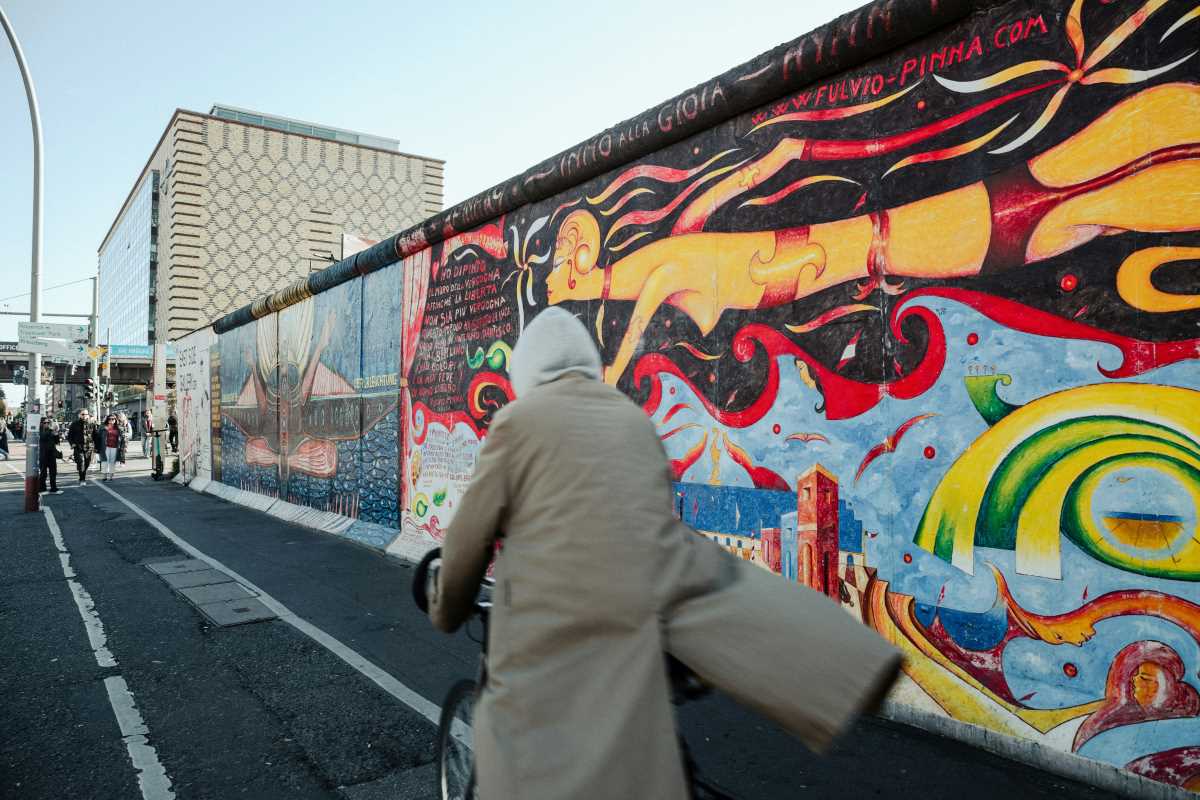Imagine being forced to leave everything you've known: your home, your culture, and often, your sense of belonging. For millions of people around the world, this is not just a hypothetical situation but a reality shaped by war, natural disasters, or political turmoil. Modern literature has become a powerful platform for these displaced voices, turning their stories into universal experiences that readers everywhere can connect with. Through stunning narratives, authors are spotlighting the resilience, pain, and cultural richness of people who are often unseen or misunderstood. By reading these stories, we step into the lives of displaced communities, gaining empathy and a deeper understanding of the world. But what makes these stories so compelling, and why are they so important? Let's explore this in detail.
Fiction as a Mirror for Displacement
Stories have always been a bridge to understanding lives that are different from our own. For displaced people, literature provides a way to articulate what it means to lose a home and build a new life. Many authors have embraced this theme, bringing deeply personal and complex experiences to the forefront.
Khaled Hosseini, for instance, is a master at weaving the theme of displacement into his narratives. His debut novel, The Kite Runner, and his later works like A Thousand Splendid Suns, offer searing portraits of Afghan families torn apart by war and upheaval. Through characters like Amir, Baba, and Mariam, Hosseini captures both the external struggles of leaving one’s homeland and the internal conflicts of guilt, redemption, and identity. These stories remind us that behind every refugee statistic is a unique and often heartbreaking human story.
Similarly, Viet Thanh Nguyen’s Pulitzer Prize-winning The Sympathizer dives into the complexities of displacement after the Vietnam War. The novel explores the physical act of leaving a homeland and examines cultural duality, identity, and the emotional weight of being caught between two worlds. By focusing on a conflicted narrator who is both loyal to and critical of those around him, Nguyen challenges readers to think deeply about how displacement shapes the soul.
Amplifying Voices Through Lived Experiences
One of literature's most vital roles today is amplifying voices that are often ignored in mainstream conversations. Displacement is as much about losing a home as it is about navigating uncharted territory, sometimes while carrying the burden of stereotypes and silence. Many modern authors have turned their own or their community’s experiences into works that foster understanding and empathy.
Jesmyn Ward’s Salvage the Bones offers a poignant look at how natural disasters like Hurricane Katrina exacerbate the challenges of poverty and displacement. While set in rural Mississippi, the story transcends its specific setting to explore universal themes of survival, family, and resilience. Ward’s vivid portrayal of life at the margins highlights the intersection of systemic neglect and natural disasters, providing readers with a visceral understanding of what it means to fight for stability in a chaotic world.
On the other hand, Mohsin Hamid’s Exit West takes a more surreal approach, blending magical realism with the harsh realities of migration. The novel’s magical doors transport its protagonists, Nadia and Saeed, to different parts of the world. These doors symbolize the almost unthinkable leap migrants have to take when fleeing their homes. More than a story of loss, Exit West explores transformation, identity, and the connections that survive even the most dramatic changes.
Why These Stories Matter
You may wonder why it’s necessary to read stories about displacement. The answer lies in their ability to foster empathy and awareness. Literature invites readers to experience lives vastly different from their own, broadening perspectives and inspiring compassion. It’s not just about understanding the pain of displacement but also celebrating the resilience and cultural wealth that displaced communities bring to the world.
For example, Chimamanda Ngozi Adichie, in her celebrated TED Talk "The Danger of a Single Story," warns against oversimplified narratives that reduce individuals to stereotypes. Her works, like Americanah and The Thing Around Your Neck, challenge these oversimplifications by creating nuanced characters who grapple with issues of identity, migration, and belonging. Her storytelling reminds us that displaced voices are rich with diversity and complexity.
Reading these stories can inspire action. When people see the human side of displacement, they are more likely to support fair policies and reject harmful stereotypes. This cultural shift is essential for creating a world that values inclusion over division.
Notable Works to Explore
The growing body of literature on displacement offers readers countless opportunities to engage with these important themes. Besides the authors mentioned above, here are more writers and books to add to your reading list:
- Imbolo Mbue’s Behold the Dreamers depicts the trials of a Cameroonian family navigating immigration in the United States during the 2008 financial crisis. By highlighting both the hopes and sacrifices of immigrant life, Mbue paints a vivid picture of the pursuit of the American Dream.
- Ocean Vuong’s On Earth We’re Briefly Gorgeous is a lyrical exploration of identity, family, and intergenerational trauma. Reflecting on his own Vietnamese American experience, Vuong crafts a narrative that is both deeply personal and universally resonant.
- Elif Shafak’s The Island of Missing Trees mixes themes of migration, love, and loss against the backdrop of the Cyprus conflict. With its focus on nature and intergenerational memory, Shafak’s novel underscores the far-reaching impacts of displacement.
Each of these works adds depth to our understanding of what it means to lose a home and find a new one, bridging cultural gaps and encouraging dialogue around these vital issues.
Bridging the Divide Through Stories
Modern literature is a testament to the power of storytelling in humanizing complex issues. Through characters and narratives that reflect the experiences of displaced communities, writers illuminate the complexities of loss, hope, and adaptation. These stories go beyond borders, inviting readers to share in the courage and resilience of those who have had to leave everything behind.
By immersing ourselves in these works, we gain a richer perspective of the world and a deeper appreciation for the humanity that connects us all. Literature holds a mirror to our collective struggles and triumphs, reminding us that even in the most challenging circumstances, there is a shared thread of resilience and understanding.
 (Image via
(Image via





